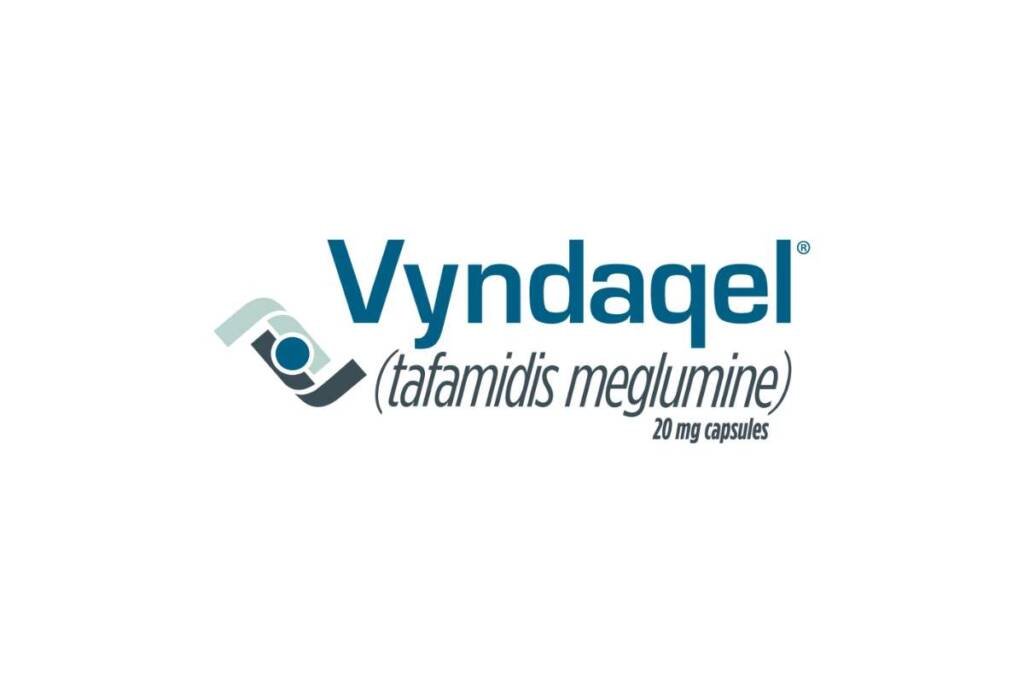Just within four years of introducing their premium heart medication Vyndamax, Pfizer finds itself embroiled in a patent defense battle against a potential rival. In a recent legal showdown, Pfizer, in collaboration with the esteemed Scripps Research Institute, has filed a lawsuit against Dexcel Pharma, alleging infringement on three of their patents with the proposed introduction of a generic version.
This legal tussle comes on the heels of Dexcel Pharma’s announcement in June that it intends to pursue FDA approval for its generic counterpart. Pfizer’s medications, Vyndaqel and Vyndamax, are designed to address heart disease resulting from transthyretin mediated amyloidosis, and intriguingly, Dexcel Pharma aims to target the exact same medical indication.
Pfizer and Scripps Research Institute assert in their lawsuit that Dexcel Pharma has knowingly acted in violation of their patents. The intricate dance of patent law and medication development is unfolding here, with significant implications for both parties.
The financial stakes are considerable. During the second quarter of this year alone, Vyndamax, accompanied by its companion product Vyndaqel, generated an impressive $782 million in sales for Pfizer. This robust figure showcases a remarkable 42% surge from the previous year, making this franchise a pivotal driver of growth for Pfizer – a timely boost, considering the waning sales from their pandemic-related initiatives.
However, these medications have encountered intense scrutiny due to their pricing strategy since their initial approval in 2019. Esteemed researchers Matthew Maurer, M.D., and Jerry Gurwitz, M.D., highlighted in 2020 that Vyndamax and Vyndaqel hold the distinction of being the most expensive cardiovascular drugs on the market, bearing a hefty price tag of $225,000 per year.
A comprehensive study spearheaded by these researchers in 2020 unveiled an unsettling truth – many patients prescribed these drugs were grappling with the financial burden of affording them. Before any form of financial assistance, patients faced a median out-of-pocket expense of $1,909 over a 30-day period. In response, Pfizer pointed fingers at what they deemed “unfair” co-payment structures embedded within the Medicare Part D benefit framework, illustrating the complex interplay of healthcare economics.
In a bid to alleviate the financial strain on patients, Pfizer introduced a program offering financial aid to Medicare beneficiaries. However, this endeavor was met with a legal roadblock, as US law prohibits such payment schemes. Pfizer escalated the issue to the highest legal echelon, the Supreme Court, but their efforts were met with rejection in January. The court’s ruling aligned with decisions reached by lower courts, finalizing a chapter in Pfizer’s attempt to reshape access to their crucial medications.
The collision of patent battles, medication pricing, and legal wrangling underscores the intricate landscape of pharmaceutical development and its broader ramifications. As Pfizer navigates these challenges, the healthcare industry watches closely, with ramifications that could extend well beyond the courtrooms.





























